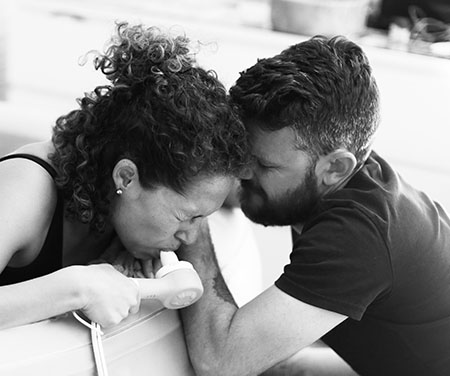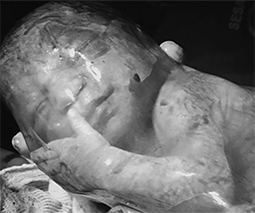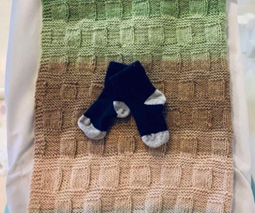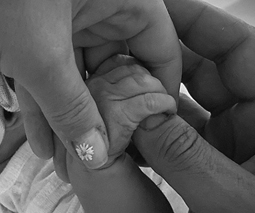Do you need a doula? Everything you need to know about hiring a birth partner

When it comes to deciding on how you want your labour and birth to go, there are plenty of options and advice out there. But working out what’s right for you can be challenging. Especially when you don’t really know what you might need ahead of time.
This is where having a doula can be a valuable part of your birth plan.
What is a doula?
What does a doula do, exactly? While services vary, birth doulas generally provide the following:
Antenatal support
Usually the doula will meet with the pregnant woman a number of times before her due date to provide information on labour and birth, help formulate a birth plan and discuss feelings surrounding the birth. These meetings also serve the purpose of establishing trust and rapport prior to labour.
Physical support
During labour, a doula may help the woman into new positions, perform massage, coach breathing techniques and sometimes offer other complementary therapies like reflexology and aromatherapy.
Emotional support
According to the founder of the Australian Doula College, Renee Adair, the most important role of a doula is that of an emotional support person.
“Doulas provide a continuous presence throughout the labour, using encouragement and reassurance to help women feel safe and empowered,” she says.
Medical liaison
Doulas may also act as a liaison for their client when interacting with medical staff by communicating the woman’s birthing preferences and translating medical terminology.
Postnatal support
Postnatal assistance can include providing information on newborn care and breastfeeding, offering emotional support and performing practical tasks like cooking and cleaning.
Adair describes this role as “offering a soft landing place for the transition to home during the challenging first few days and weeks.”
Do you need a doula?
Although they’re not essential, a doula can be a useful support person during pregnancy, birth and the postnatal period, especially if you require extra emotional or practical support.
Here are some of the benefits of using a doula.
Improved birth outcomes
Research suggests that both continuity of care (seeing the same caregiver throughout pregnancy, birth and the postnatal period), and the presence of a dedicated support person throughout labour improve birth outcomes for both mother and baby.
A 2017 review of international research found that women with continuous support (such as a doula) throughout labour may have a shorter labour and may be less likely to have:
- medical pain relief
- caesarean birth
- instrumental delivery (e.g. forceps)
- a baby with a low five‐minute APGAR score (a measure of a baby’s health directly after birth).
More positive birth experiences
Numerous studies have identified doula care as assisting women to have positive birth experiences. There’s also evidence that doulas provide valuable support to husbands/partners.
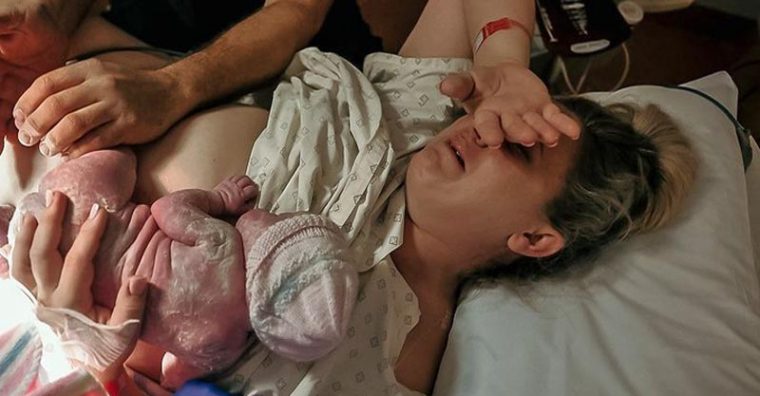
How to find a doula
Anyone can legally call themselves a doula because the profession isn’t regulated, so finding a doula through a reputable organisation is your safest bet.
The Australian Doula College offers a personalised matching service, while SheBirths and Doula Network Australia provide doula directories. You can also ask your doctor or midwife if they have any recommendations.
Once you have a doula in mind, set up an interview to find out:
- how many births they’ve attended
- what skills they have (e.g. massage, acupressure)
- what services they offer
- if they can show you testimonials from past clients
- what qualifications they have (the highest doula qualification is a certificate IV in Doula Support Services)
- how well you get along with them
How much does a doula cost?
Depending on experience and level of service provided, costs usually range from $800 to $2,000, with student doulas available for much lower rates. The cost usually includes one or more visits during pregnancy and after birth, as well as attendance at birth.
Is a doula covered by private health insurance?
No, doulas are not covered by Medicare or private health insurance.
This is an extract of a story written by Grace Smith and originally published at Choice. You can read the full story here.
